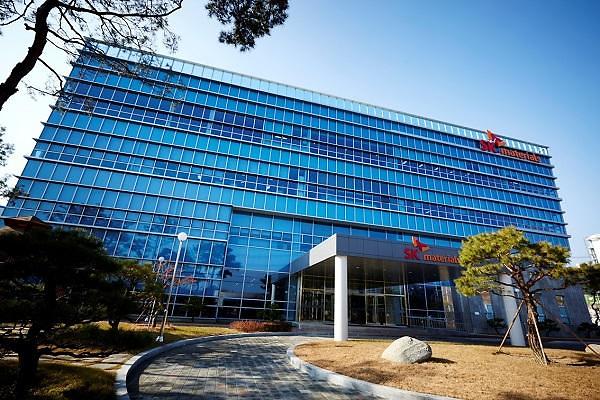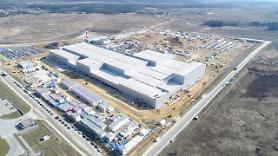
[Courtesy of SK Materials]
With an injection of 60.4 billion won ($52.4 million), SK Materials will control 75 percent of the joint venture to be based in South Korea. The remainder will be held by Group14. SK Materials, the manufacture of special gas used in semiconductor, display and solar cell manufacturing processes, invested $13 million to hold a 10.3 percent stake in the American company in December 2020.
"Through this joint venture, SK Materials, which is leading the domestic material industry, will be able to successfully enter the next-generation battery material field that is growing rapidly in the global market," SK Materials' new business head Park Ki-sun said in a statement on July 20. He said his company would diversify its portfolio and secure a future growth engine by incorporating high-performance battery material solutions into various fields.
Battery suppliers are trying to develop cheaper, more efficient, more powerful batteries. Lithium-ion batteries work by passing lithium ions between a graphite anode and a lithium cobalt oxide cathode. Silicon has been considered as one of the best alternatives to replace widely used graphite anodes for lithium-ion batteries, owing to its high theoretical capacity, proper working voltage, abundant availability, and environmental friendliness.
Researchers have tried to develop high-energy-density lithium metal batteries that are lighter and have greater energy density than lithium-ion batteries. In February 2019, SK Innovation, the battery-making wing of SK Group, joined hands with PolyPlus Battery, a lithium battery developer based in California, to commercialize lithium metal batteries. In May, the group made an extra investment in SolidEnergy Systems, a Singapore-based developer of lithium metal batteries.
Copyright ⓒ Aju Press All rights reserved.



